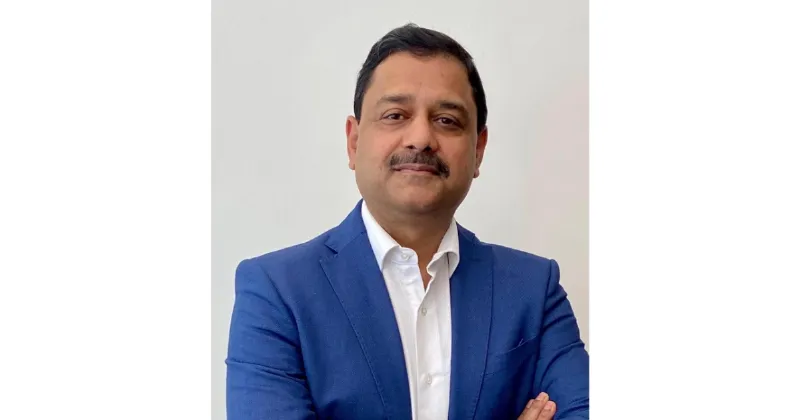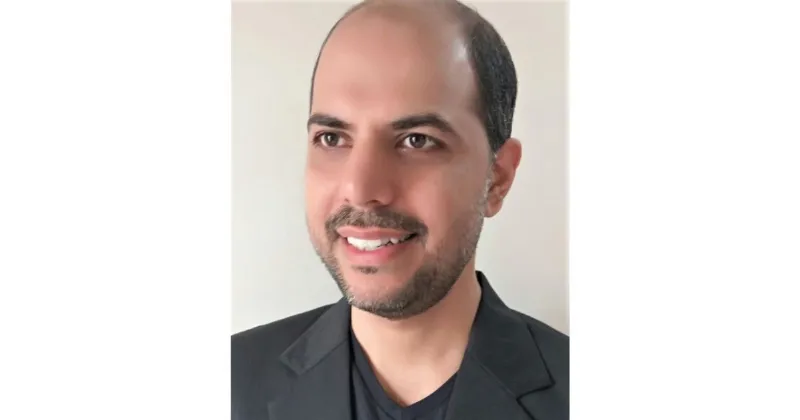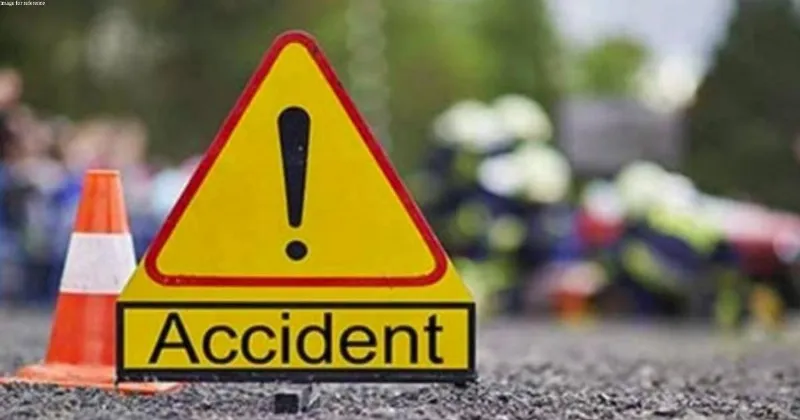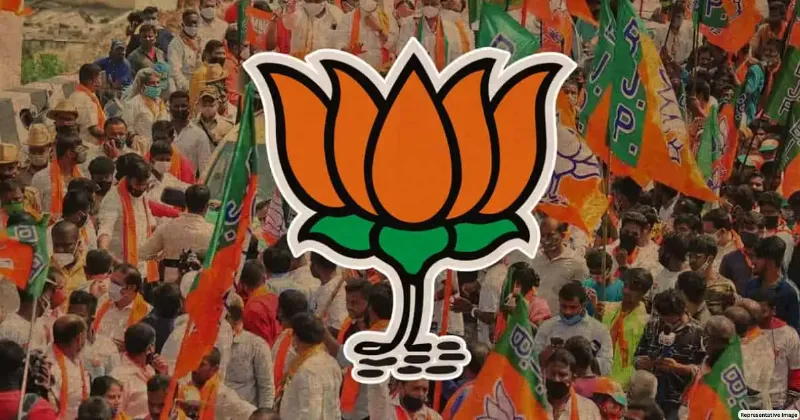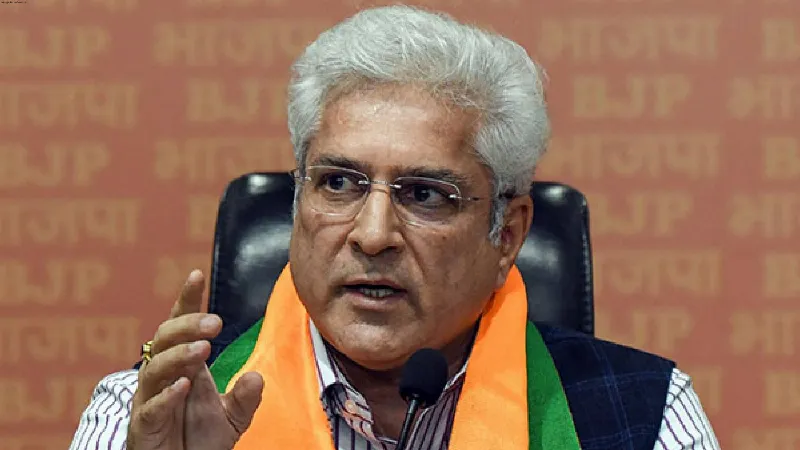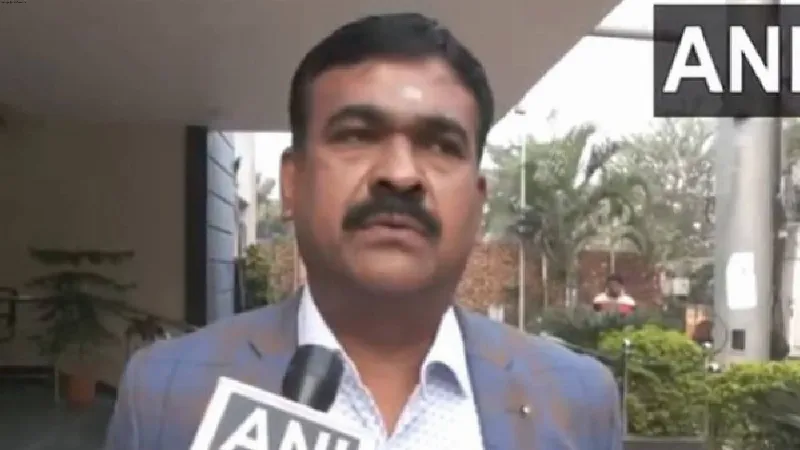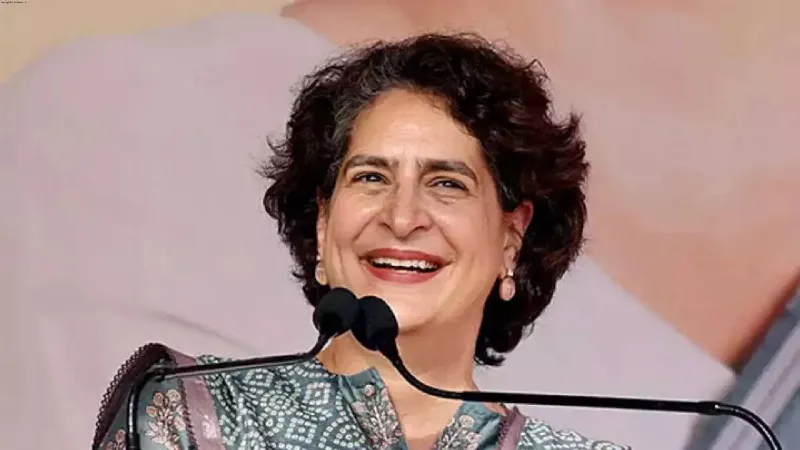Latest News
World Lung Cancer Day: Raising Awareness and Improving Outcomes

Bangalore: August 1st marks World Lung Cancer Day, a global event dedicated to increasing awareness about lung cancer, its risks, and the importance of early detection. Lung cancer remains the leading cause of cancer-related deaths worldwide, underscoring the urgent need for continued vigilance and comprehensive strategies to tackle this critical health issue.
Risk Factors and Symptoms
Lung cancer's primary risk factors include smoking, exposure to secondhand smoke, asbestos, radon gas, and chronic lung diseases. These factors contribute to the development of lung cancer, which often remains asymptomatic in its early stages. Early symptoms can be subtle and easily mistaken for less serious conditions. Common early signs include a persistent cough, which may be overlooked as an allergy or a mild respiratory issue.
As the disease progresses, more severe symptoms can develop, including:
- Chest pain
- Pleural effusion (fluid around the lungs)
- Hemoptysis (coughing up blood)
- Unexplained weight loss
- Loss of appetite
- Bony pain
- Seizures
- Headaches
Recognizing these symptoms and seeking medical advice promptly is crucial for early diagnosis.
Importance of Early Detection
Early detection is vital for improving survival rates in lung cancer patients. For high-risk individuals, such as long-term smokers or those exposed to occupational hazards, regular screening with low-dose CT scans of the chest can facilitate early diagnosis. These scans can identify tumors before they cause significant symptoms, allowing for earlier intervention.
Treatment Options
The treatment of lung cancer depends on the stage of the disease. In early stages, surgery is often the most effective treatment option. Surgical procedures, such as lobectomies (removal of part of the lung) or pneumonectomies (removal of an entire lung), can be curative.
For more advanced cases, a combination of therapies is used. Chemotherapy involves the use of drugs to kill or halt the growth of cancer cells. Targeted therapies focus on specific genetic mutations that drive cancer progression, while radiation therapy targets and destroys cancer cells, often in conjunction with other treatments.
Collaborative Efforts in Lung Cancer Management
Combating lung cancer requires a multidisciplinary approach. Surgical oncologists, along with other healthcare professionals, play a crucial role in diagnosing and treating the disease. Government policies, including public health initiatives and research funding, are essential for supporting early screening and effective treatment strategies.
Non-governmental organizations (NGOs) also play a significant role by offering support, raising awareness, and providing resources for patients. Their work in health education and advocacy helps promote preventive measures and improve public understanding of lung cancer.
Expert Insight
For insights into lung cancer treatment and management, Dr. Nataraj Naidu R offers extensive expertise in the field. Dr. Naidu is a highly regarded Robotic Surgeon and HIPEC Specialist, with qualifications including MBBS, MS, DrNB (Surgical Oncology), FMAS, FAIS, and FICRS. His experience in surgical oncology and advanced treatment techniques contributes significantly to patient care and outcomes.
Dr. Nataraj Naidu R
MBBS, MS, DrNB (Surgical Oncology)
FMAS, FAIS, FICRS
Robotic Surgeon and HIPEC Specialist
Ray Speciality Clinic
Consultant Surgical Oncologist at Prakriya Hospital
Moving Forward
Addressing lung cancer effectively requires a combined effort from patients, healthcare providers, policymakers, and organizations. Increased public awareness, advancements in screening and treatment technologies, and collaborative efforts are key to reducing the impact of lung cancer.
World Lung Cancer Day serves as a reminder of the progress made and the ongoing work needed to improve outcomes for those affected by this disease. By working together and continuing to advocate for better screening, treatment, and education, we can make significant strides in the fight against lung cancer.

